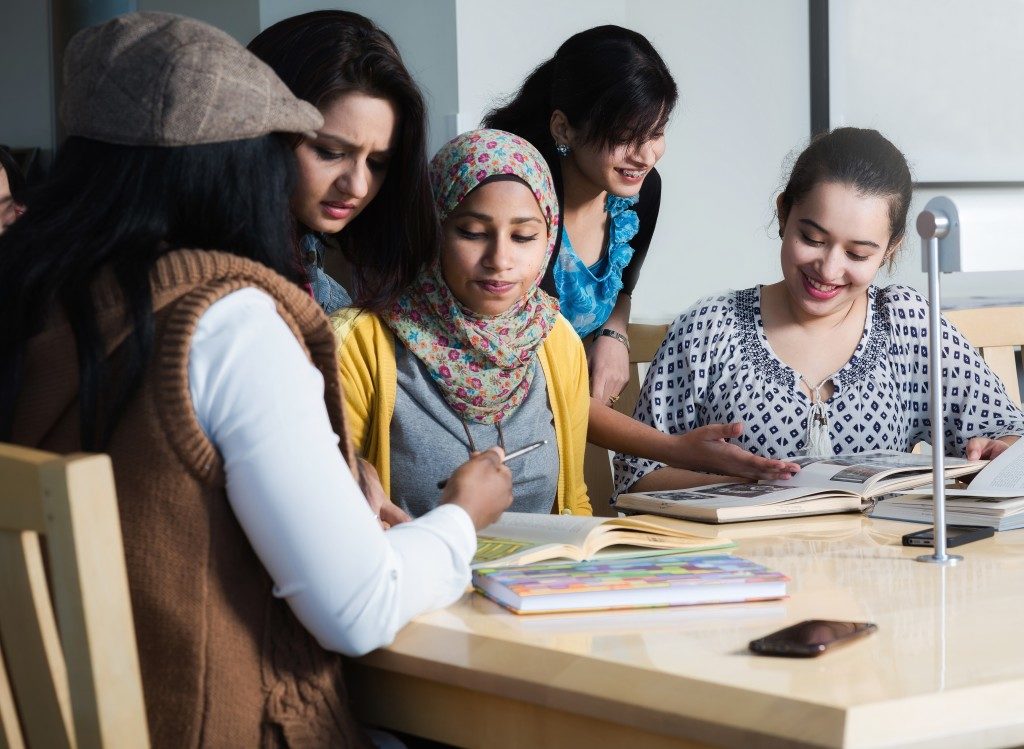Studying abroad is an exciting new chapter in any young person’s life. With the right preparations, international students can manage and mitigate many of the risks and frustrations you might potentially encounter when studying abroad.
Studying abroad is an exciting chapter for many a young person’s lives. The opportunity to learn in a different cultural milieu is an enriching learning experience that combines intellectual and cultural development with the pleasures of travel. Making new friends, getting to know new and exciting places, and bolstering your professional résumé is all part of the package.
As with most travel opportunities, though, studying abroad comes with a few risks and challenges that must be addressed. Once your travel documents are prepared, you should take a moment before your flight to make the necessary preparations to minimize inconveniences and risks while abroad.
Stay Documented and Informed
Learn about the country’s current situation before traveling and reconsider or postpone if you encounter a travel warning or public announcement. Once there, register with the U.S. Embassy or consulate to assure both your next of kin back home and the diplomatic officials of your whereabouts. Once at your school, take in as much of their informational material as possible.
Secure Your Residence and Finances
 Before you even board the plane, you must take steps to secure your finances and residence. Your study abroad program usually takes charge of your residence, but at the same time, it pays to be sure.
Before you even board the plane, you must take steps to secure your finances and residence. Your study abroad program usually takes charge of your residence, but at the same time, it pays to be sure.
Having an initial financial buffer can help you throughout the first few days in your host country. In addition to bringing extra cash, you may also find a debit and credit card handy for this purpose. Inform your bank of your whereabouts in advance and provide them with sufficient details of your itinerary and your length of stay. This will help you avoid any frustrating misunderstandings between you and your bank and ensure that your debit and credit cards can be used in your host country with little fuss.
Safeguard Your Health
Health and safety risks are all the same anywhere you go. Before leaving, take charge of your health by keeping up-to-date with your vaccinations (and include vaccines for local diseases). Pack with you any necessary medications (including those for allergies) and the pertinent prescriptions for them. Prescriptions are especially important since you might need to buy more of them in your host country.
Health emergencies are a risk regardless of how careful you are. Allay some of these related worries by getting international student medical insurance, which can cover for some or all of the healthcare expenses incurred during a long-term stay abroad.
Get to Know the Culture
Let’s face it. You can expect to be an outsider in your host country for quite a while. Although you shouldn’t expect to assimilate like you’re a local right away, you will find that learning as much as you can about the country and locale you’ll be visiting. A few good places to start include learning their language and dialect, appropriate etiquette, local laws, and common customs. It may also help to learn offensive gestures and habits considered rude, to avoid major embarrassment.
Always remember that you are a guest in their country and it will leave a good impression to the locals to take the time to understand (and later appreciate) their culture. More importantly, do not be too afraid. Make new friends, try new things, and allow yourself to be immersed in these experiences. After all, you didn’t make all these preparations for anything.




